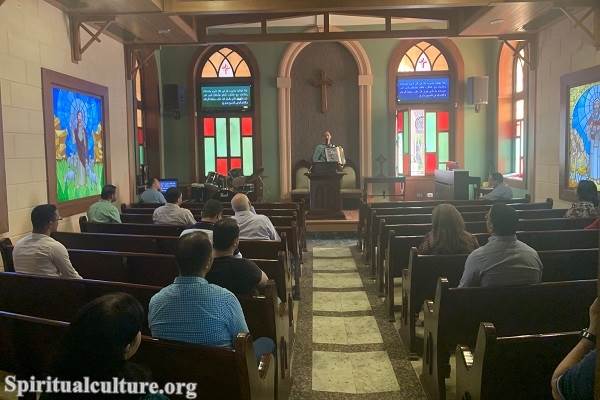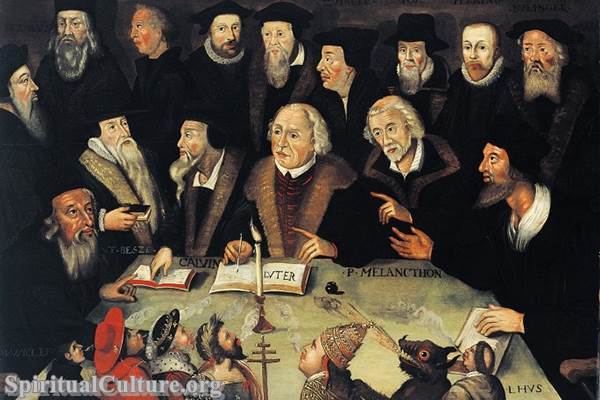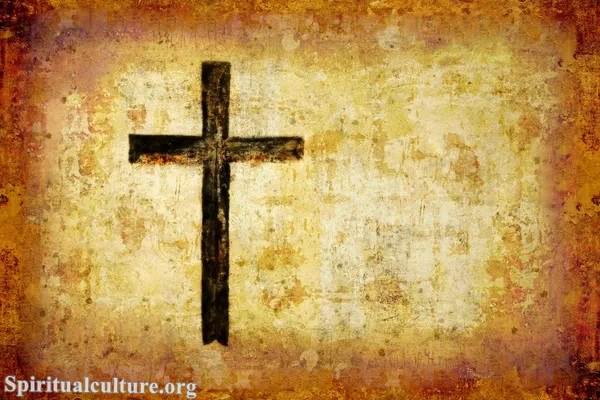Biography of Martin Luther Protestant
Martin Luther (1483-1546) was a German monk, theologian, and church reformer widely considered the founder of the Protestant Reformation.
Luther was born in Eisleben, Saxony (now Germany), and was educated at the University of Erfurt, where he received his Bachelor’s and Master’s degrees. After joining the Augustinian monastery at Erfurt in 1505, he became deeply involved in the study of theology and began questioning certain teachings and practices of the Roman Catholic Church.
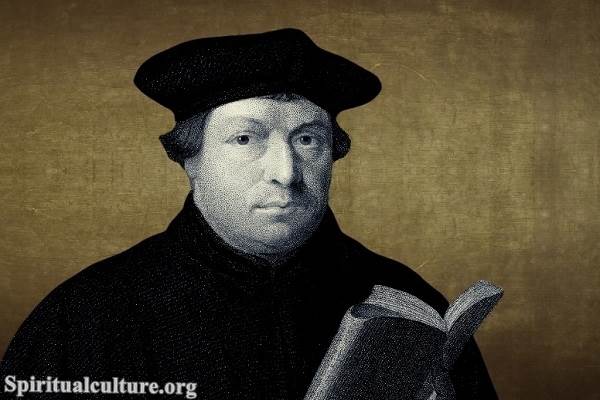
In 1517, Luther wrote and published his “Ninety-Five Theses,” which were a series of arguments against certain practices of the Catholic Church, particularly the sale of indulgences. These theses were widely circulated and sparked a debate about the role of the Church in salvation and the authority of the Pope.
Luther’s criticisms of the Church and his call for reform led to his ex-communication from the Roman Catholic Church in 1521 and the start of the Protestant Reformation. He translated the Bible into German, which made it more accessible to the common people. His teachings had a major influence on the development of Protestantism and the Church as a whole.
Luther died in 1546, but his legacy lives on to this day. He is one of the most important figures in the history of Christianity.
What did Martin Luther do?
Martin Luther was a German monk and theologian who is widely credited as being the driving force behind the Protestant Reformation. This movement sought to reform the Roman Catholic Church and created Protestantism as a distinct branch of Christianity.
In 1517, Luther wrote the “Ninety-Five Theses,” a document that outlined his objections to certain practices of the Catholic Church and sparked a debate about the role of faith, grace, and salvation that spread throughout Europe. Among other things, Luther argued that salvation comes through faith alone, not through good works or indulgences, and that the Bible, not the Pope, is the ultimate authority in matters of faith. His ideas and teachings challenged the power and authority of the Church, and they inspired many others to reform and break away from the Church.
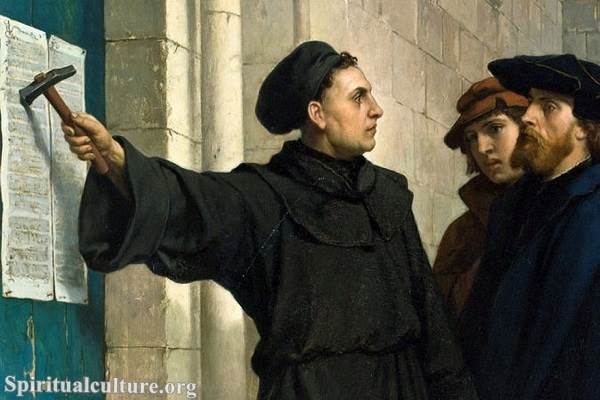
Luther’s ideas were considered heretical by the Catholic Church, and he was excommunicated in 1521. Despite this, his teachings gained widespread support and were a major factor in the spread of Protestantism throughout Europe. Luther’s writings, which were translated into many languages, also profoundly influenced the development of modern Western culture. He is known for his translation of the Bible into German, which made the scripture accessible to a wider audience, and for his hymns, which helped to spread Protestant teachings and shape the worship practices of many Protestant denominations.
Luther’s reforms had a lasting impact on the Church and on Europe as a whole. The Protestant Reformation, which began with Luther’s Ninety-Five Theses, led to the establishment of numerous Protestant denominations, including Lutheranism, Calvinism, and the Anabaptist movement. It changed the religious landscape of Europe. It also had significant political and social consequences, as the Protestant Reformation was closely tied to the rise of nationalism and the development of modern nation-states in Europe.
In addition to his work as a theologian and reformer, Luther was also a professor of theology and a prolific writer. He wrote extensively about a wide range of subjects, including theology, politics, and social issues, and his ideas and opinions continue to be studied and debated today.
Luther is also remembered for his role in shaping the German language. His translation of the Bible into German was a major milestone in the development of the language, and his writing had a significant influence on the development of modern German.
Today, Luther is considered one of the most significant figures in the history of Christianity and is remembered for his contributions to theology, language, and culture. His ideas and teachings continue to be studied and debated by scholars and religious leaders worldwide.
What did Martin Luther believe?
Martin Luther was strongly opposed to the corruption and excesses of the Roman Catholic Church, and he argued that the Bible, rather than the Pope or church tradition, should be the ultimate authority in matters of Christian faith. Some of the key beliefs that Luther held included the following:
- Salvation is a gift from God that is received through faith in Jesus Christ, not through good works or indulgences.
- The Bible is the sole source of authority for Christian belief and practice, and it should be made available to all people in their own language.
- The priesthood of all believers: Luther believed that all Christians, not just priests, have direct access to God through faith in Jesus Christ and are called to be gospel ministers.
- The doctrine of justification by faith: Luther argued that people are justified, or made right with God, not through their own works or merit, but through faith in the saving work of Jesus Christ.
- The importance of the priesthood of all believers also led Luther to reject the idea of Purgatory and the sale of indulgences, which he saw as corrupt practices that the Roman Catholic Church used to raise money.
Luther’s beliefs and teachings profoundly impacted the course of Western history and helped shape the modern Protestant tradition.
95 theses of pastor Martin Luther

